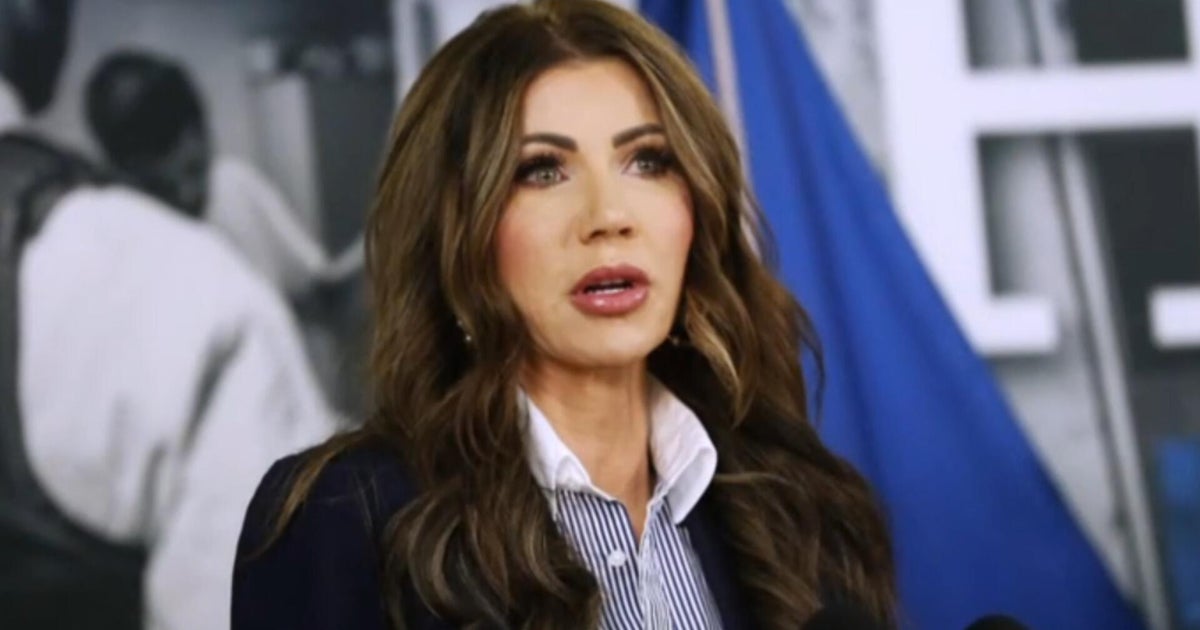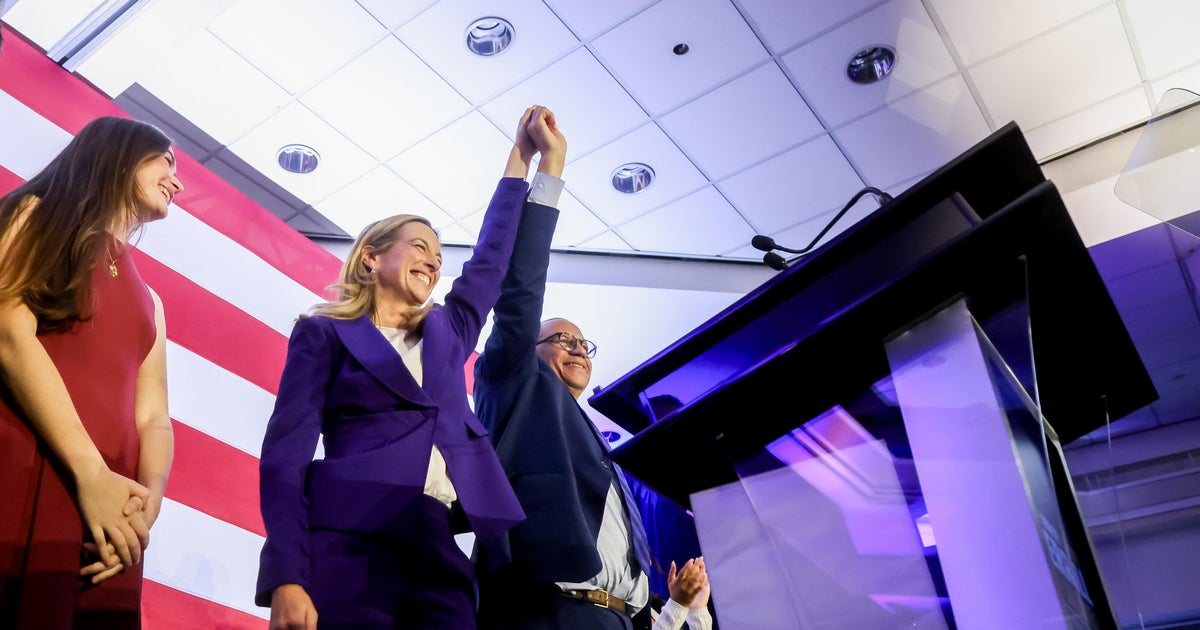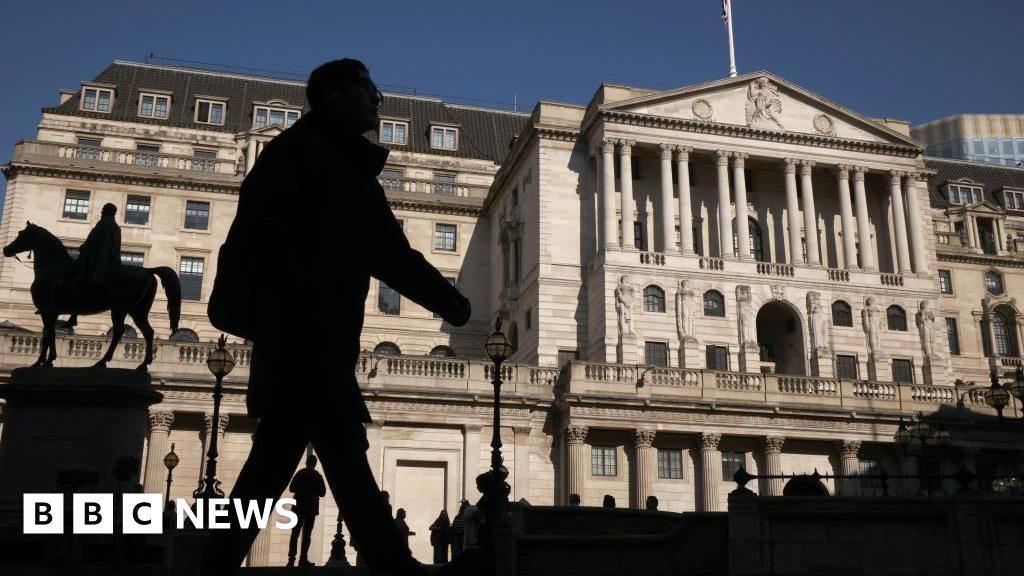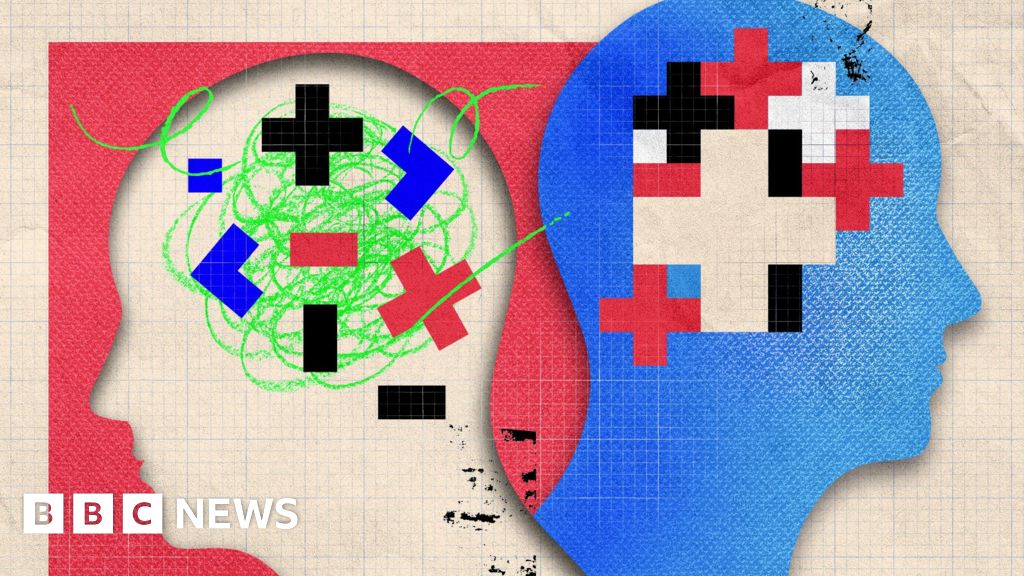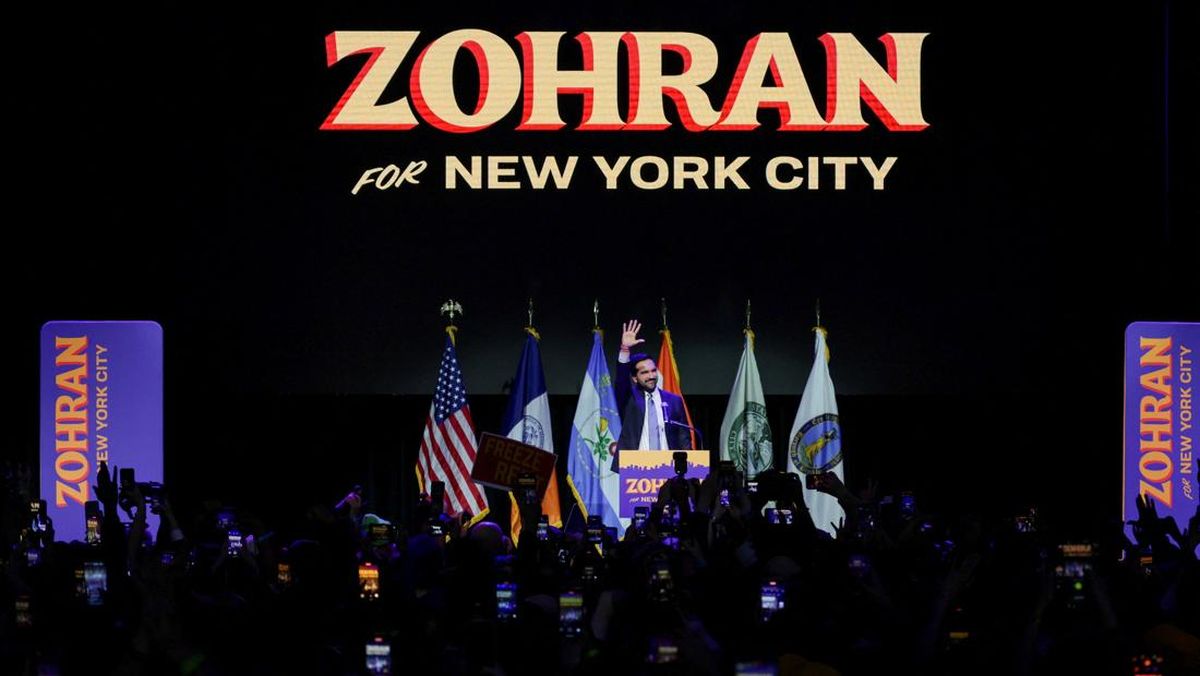Opinion
In this column, we deliver hot (and cold) takes on pop culture, judging whether a subject is overrated or underrated.
November 6, 2025 — 8.36am
November 6, 2025 — 8.36am
Ask the music cognoscenti about Chess Records and they will probably talk about how the label opened the door for black American blues, soul and rock ’n roll pioneers to be commercially successful.
In 1950, the Chess brothers, Phil and Leonard, started their label in Chicago and recorded artists such as Chuck Berry, Muddy Waters, Etta James and Howlin’ Wolf. Their recording of Rocket 88 credited to Jackie Brenston and his Delta Cats (Brenston provided vocals, but it was Ike Turner who wrote the song and his band The Kings of Rhythm that played on the record) is widely regarded as the first rock and roll single.

Why are you shocked that Spotify uses the same playbook created by the Chess brothers to exploit musicians?Credit: Bloomberg
But behind the glamour of making the charts, the Chess brothers blatantly ripped off the musicians and rarely paid royalties. After the brothers sold the label in 1969, artists were still taking legal action to be paid.
When Chuck Berry saw a hard copy of his Maybellene single, he was shocked to see the writing credits also included Alan Freed (a powerful radio DJ of the time – cash for comment, anyone?) and Russ Fratto (who owned a building occupied by the brothers and was happy to take royalties in lieu of rent).
New and independent artists complain that the Spotify algorithm penalises them in favour of established artists and labels who do deals with the company, making it difficult to achieve exposure.
True, but compare this to the environment confronting independent bands before the internet age, who faced a tougher situation if they didn’t have a record deal with distribution.
Many reverted to funding the production of their singles and going door to door to record stores, hoping they could convince the shop owners to stock their vinyl. They relied on live gigs, the weekly free and mainstream music press and word of mouth for their music to break through.
There is more music released now than ever before – but in the digital and social media age, there are more ways for music to be disseminated.
In 2005, the Arctic Monkeys built a following in England by giving away demo CDs to punters at their shows, and fans uploaded tunes to filesharing sites and started a Myspace page, subverting the established recording and distribution systems.
Their debut single, I Bet You Look Good On The Dancefloor, went straight to No.1 on the British independent chart when released. “Singles were regaining vitality, and Arctic Monkeys proved that giving away music for free wasn’t career suicide, but a smart move ... Arctic Monkeys may have left the press and other bands eating dirt, but their internet-abetted rise reinvigorated the industry that their success was meant to have made redundant,” Laura Snapes wrote in The Guardian in 2015.
So maybe there’s another reason why today’s bands complain about Spotify’s impact on their success. Maybe it’s because their songs are ... well, a bit shit?
Loading
And for you listeners? If you’re a passive consumer on Spotify who is happy to sit back and listen to the suggested Autoplay songs, you are a moron. You deserve the porridge that the algorithm dishes up for you.
There are more than 100 million songs on Spotify. I have discovered great 1960-70s soul artists such as Laura Lee, O.V. Wright and Darondo, old and new indie bands such as fIREHOSE and Ducks Ltd, Australian artists such as Boomgates, Hatchie (and then bought a ticket to see her live) and Civic, versions of songs I didn’t know existed (a live recording of The Fall’s L.A.) and new artists Westside Cowboy and Geese.
Spotify may be evil, but the music industry has always been run by scumbags.
Get a weekly wrap of views that will challenge, champion and inform your own. Sign up for our Opinion newsletter.
Most Viewed in Culture
Loading



